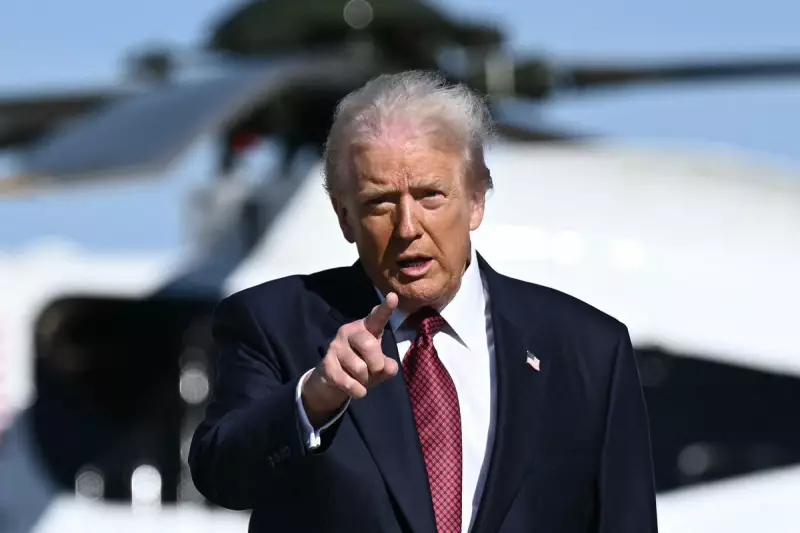
The Trump administration is clarifying its proposal for $2,000 tariff rebate cheques, a plan aimed at low and middle-income Americans but facing significant economic and political challenges.
What We Know About the Proposed Payments
According to Treasury Secretary Scott Bessent, who appeared on Fox & Friends on Wednesday 12 November 2025, the administration is considering an income cutoff for the cheques. Families earning less than $100,000 annually could be eligible for the $2,000 payment. However, Bessent stressed that these details remain “in discussion.”
The form of the rebate itself is also under review. In a separate interview with ABC’s This Week, Bessent suggested the payment might not be a physical cheque. Instead, it could manifest as tax reductions from the Republican-backed One Big Beautiful Bill, such as the elimination of taxes on tips, overtime, and Social Security, or the deductibility of auto loans.
Significant Economic and Fiscal Concerns
Financial experts have expressed deep scepticism about the proposal's viability. Erika York, vice president of federal tax policy at the nonpartisan Tax Foundation, stated plainly, “The numbers just don’t check out.”
Her analysis estimates that with the $100,000 income threshold, the plan would cost the government upwards of $300 billion. This figure dramatically exceeds the revenue collected from tariffs. A more alarming projection from the Committee for a Responsible Federal Budget warns that if these cheques were issued annually, they could inflate the government deficit by a staggering $6 trillion over a decade.
Furthermore, the net benefit to American households is questioned. A Yale Budget Lab analysis from October indicates that current tariff policies are expected to cost the average U.S. household about $1,800 in 2025, nearly offsetting the proposed rebate.
Political Hurdles and Legal Risks
Beyond the economic doubts, the proposal faces a tough political battle. Congress must approve the payments, and the legislature has already stalled on a similar rebate proposal from Senator Josh Hawley this summer, indicating a lack of appetite for such measures.
Adding to the uncertainty, the Supreme Court could rule the president’s emergency tariffs illegal. Such a decision might trigger refunds to businesses that paid them, further undermining the financial foundation of the rebate cheque plan. Critics, including the Wall Street Journal editorial board, have labelled the cheques a “Hail Mary pass” to regain favour with voters concerned about inflation and the economic impact of tariffs.





